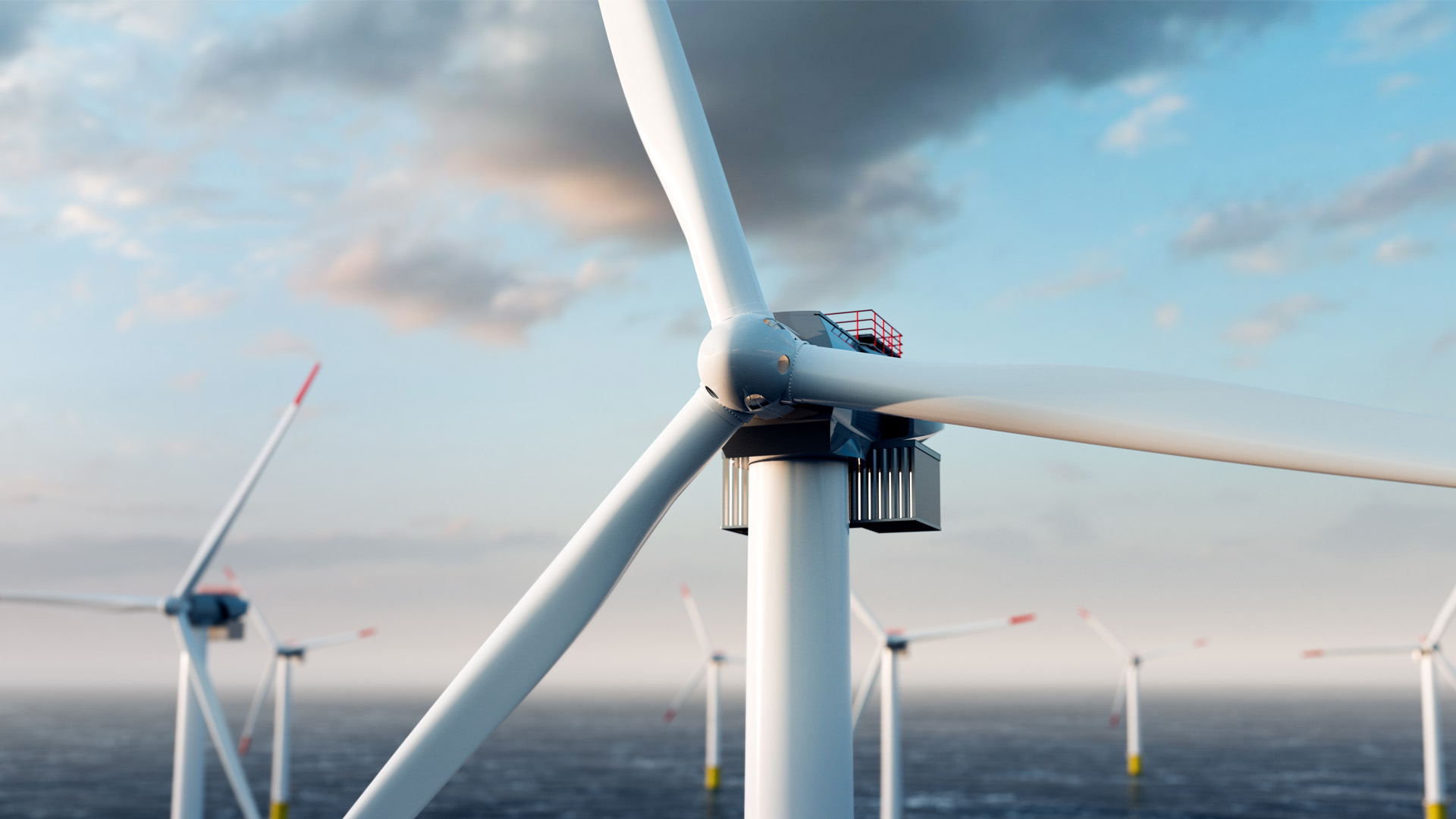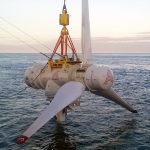Researcher in Residence: Bearing with the wind energy sector

In a decisive move towards fortifying wind energy’s pivotal role in achieving Net Zero by 2050, a cutting-edge research project is set to redefine the reliability and cost-effectiveness of wind turbine energy systems.
Spearheaded by Edward Hart from the University of Strathclyde, this pioneering initiative, funded by the Innovation Launchpad Network, aims to drive innovations in wind turbine main bearing design, testing and operational monitoring.
Wind energy stands as a linchpin in the global push for a sustainable, low-carbon future. Yet, to propel this renewable source to greater prominence, addressing the challenges of reliability and cost is imperative. Premature failures in wind turbine main bearings have proven to be a costly bottleneck, hindering the sector’s ability to further reduce costs and enhance operational efficiency.
The collaborative effort includes key partners such as the Offshore Renewable Energy Catapult, Waukesha Bearings Ltd, and the University of Sheffield, bringing together a wealth of expertise, state-of-the-art facilities, and innovative approaches to tackle this critical issue.
Redesigning Main Bearings: The project aims to inform the development of novel and radical re-designs for wind turbine main bearings to mitigate costly premature failures, ensuring a more reliable and efficient wind energy system.
Holistic Framework: Innovation will be infused across the entire framework of main bearing design, testing, and validation, including advanced monitoring and assessment processes during operational phases.
Collaborative Expertise: Combining main bearing science and digitalisation techniques with partners’ state-of-the-art experimental facilities, the project fosters collaboration between academia and industry for a comprehensive solution.
Enhanced Monitoring: The research will focus on enhancing the monitoring and assessment processes, accounting for full-system wind turbine load interactions, and leveraging state-of-the-art surrogate modelling for improved efficiency.
Fluid Film Technology: A key highlight is the accelerated development and uptake of Fluid Film main bearing solutions. This technology presents a significant opportunity to reduce capital and operational costs for large offshore wind farms by minimising dependencies on component replacements and maintenance activities.
Edward Hart said of the project’s potential impact: “Our collaborative approach, combining academic research and industry expertise, is poised to revolutionise wind energy. By addressing the challenges in main bearing design, we aim to contribute significantly to the reliability and cost efficiency of wind turbine systems, thus driving the transition to a sustainable energy future.”
Dai Lewis, Senior Academic Engagement Manager at Offshore Renewable Energy (ORE) Catapult, said: “Having collaborated with Ed on smaller research projects, the Researcher in Residence is a good opportunity to work on a larger collaboration, and we are already in discussions about future projects following the residency. Ed’s project, working alongside our industrial partners, will produce some very interesting results that will help us gain a better understanding and knowledge for enhancing future bearing testing and condition monitoring.”
This Researcher In Residence project, supported by the Innovation Launchpad Network and Offshore Renewable Energy Catapult marks a crucial step towards advancing wind energy technology and aligns with the broader commitment to achieve Net Zero by 2050.



